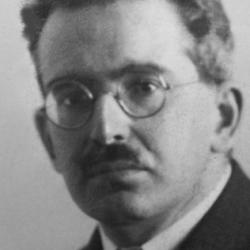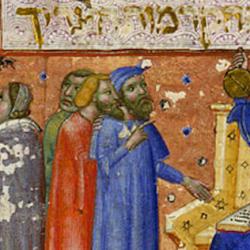The loss of Aristotelian/Thomist teleological conceptions of reality is often cited as one of the significant shifts in the formation of modernity. It wasn’t, however, a secularizing move. As David Hawkes points out (Idols of the Marketplace), Bacon saw the notion of a final cause as a species of idolatry. He opposed Aristotle for religious reasons.
Idols, Bacon argued, arise within our systems of signification. Bacon writes, “man is but the servant and interpreter of nature: what he does and what he knows is only what he has observed of nature’s order in fact or in thought; beyond this he knows nothing and can do nothing. For the chain of causes cannot by any force be loosed or broken, nor can nature be commanded except by being obeyed. And so those twin objects, human knowledge and human power, do really meet in one; and it is from ignorance of causes that operation fails. And all depends on keeping the eye steadily fixed upon the facts of nature and so receiving their images as simply as they are. For God forbid that we should give out a dream of our own imagination as a pattern for the world, rather may he graciously grant us to write an apocalypse or true vision of the footsteps of the Creator imprinted on his creatures” (33).
Hawkes observes that Bacon acknowledges that our knowledge is mediated and that our senses can deceive. But he believes that we can gain a true vision, provided we can keep ourselves from being bewitched by our concepts or words: “men believe that their reason governs words,” Bacon writes, “but it is also true that word react upon the understanding” (34). Bacon doesn’t oppose sign and reality, image and truth; he contrasts instead human constructs and theories, which he considers idolatrous, with the reception of the footprints of God that are given to us in nature. Final causes are among the idols that keep us from the “apocalypse” of scientific knowledge.
Bacon apparently fails to see two issues here. First, he claims that final causation is an idolatrous construct; might it, however, be as much a product of observation as efficient causation? Or as little (nod to Hume)? Second, isn’t it possible that Bacon’s own words also react on his understanding, and that his own theory is an idolatrous construct?











